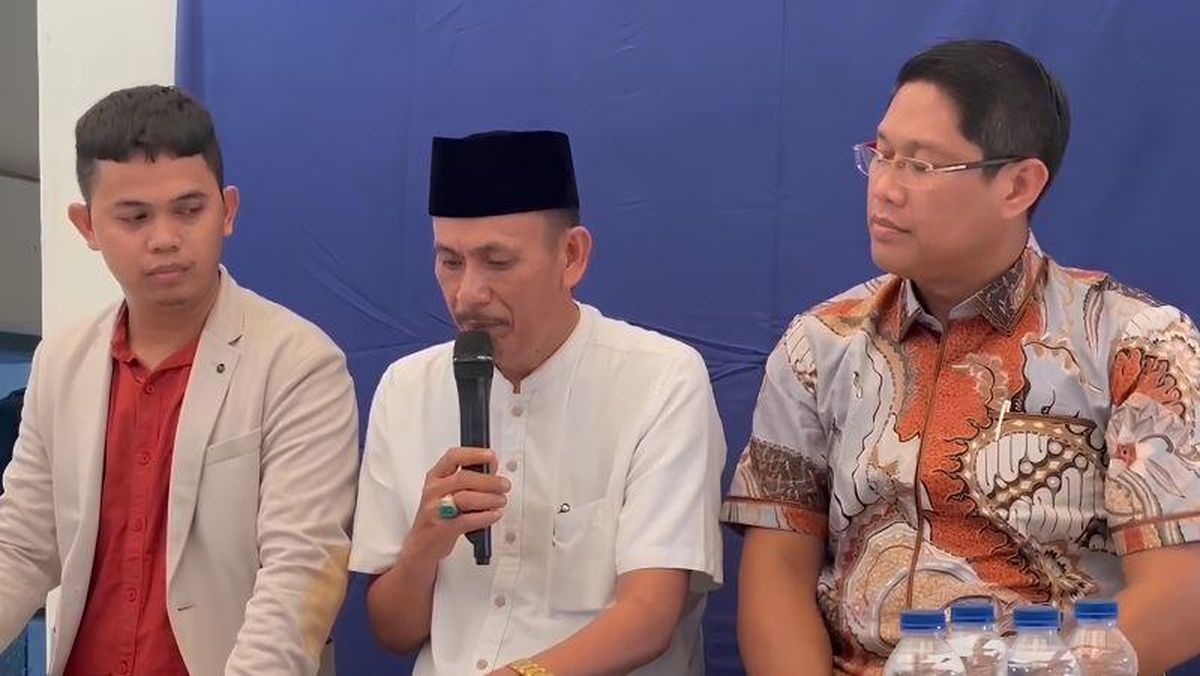TEMPO.CO, Jakarta - The Healthcare and Social Security Agency (BPJS Kesehatan) proposes to Indonesian President Prabowo to increase premiums for BPJS Kesehatan, due to the risk of default that companies could face in 2026 due to higher expenditures compared to participant premium payments.
Although regulated by Perpres, the final decision on BPJS Kesehatan premiums lies with President Prabowo Subianto and several other relevant ministries and institutions. "Whether it goes up or not is up to the president. This is somewhat political," said Director of Planning and Development of BPJS Kesehatan, Mahlil Ruby.
Mahlil himself mentioned that internally the company already has calculations on the ideal amount of premium increase. However, Mahlil refused to disclose the specific amount.
According to Ali Ghufron Mukti, the net assets of BPJS Kesehatan are still healthy, despite the deficit risk, and he ensures that the company is able to smoothly pay hospitals in 2025.
Ghufron stated that the high public trust and the increasing utilization of BPJS services are the reasons for the deficit risk, where now about 1.7 million people per day are using these services.
"It used to be only 252,000. Now, it's 1.7 million per day. And all of this can amount to more than 606 million in a year. One person can exceed once a year," he said after a meeting with the DPR in Jakarta, Wednesday, November 13, 2024.
Premium Unchanged, but There's Cost Sharing
Another solution, according to Ghufron, is cost sharing, applied in some countries, where individuals going to hospitals pay a small amount that is not burdensome.
"The goal is two-fold. One, to reduce utilization. Two, collect money. Meaning for hospitals," he said.
He gave an example that the elderly in Indonesia are increasing, and they are lonely because all their family members are busy. Rather than being confused, he said, they go to hospitals because besides it being free, they meet friendly nurses who make them comfortable.
In the cost-sharing solution, the elderly are asked to pay a small amount, for example, Rp15,000 or Rp20,000. He believes that this will make them rethink and limit their use of BPJS. DPR: Premium Increase Inevitable
Member of the DPR (House of Representatives) Commission IX, Edy Wuryanto, mentioned that the increase in BPJS Kesehatan premiums is a necessity, but it needs to be preceded by an improvement in health services to be understandable to the public.
He mentioned this in response to the statement of deficit risk faced by BPJS Kesehatan in August 2025 without any intervention. He stated that the number of BPJS Kesehatan participants reached 98 percent of the Indonesian population, plus health inflation continues to rise. Edy mentioned that in 2023, medical inflation reached 13.6 percent.
In a statement received in Jakarta on Wednesday, Edy stated that the fundamental issue regarding the deficit risk in BPJS Kesehatan is related to premiums. He said the last premium increase was done in 2020. Indeed, after that period, BPJS Kesehatan did not experience a deficit. Moreover, visits to health facilities are also minimal.
"But now, along with the increase in participants, visits to health facilities are also increasing," he said.
"So when people are slightly ill, they go to health facilities. They were previously afraid because they could not afford to pay. Hence, it is no wonder that the burden on BPJS Kesehatan is significant," he added.
He believes that the improvement of health services requires government participation, specifically from the Ministry of Health.
"What about the participants receiving premium assistance (PBI)? The National Social Security Council (DJSN) must evaluate. The results are submitted to the government for further action," he said.
He mentioned that the DJSN should be willing to communicate with Commission IX so that the increase in premiums for PBI and Self-reliant participants does not become a problem for the government's fiscal and the people's purchasing power.
Moreover, Edy pointed out that the arrears in premiums for self-reliant participants need to be addressed. An increase could be a specter for those in arrears. He also proposed relaxing the arrears for self-reliant participants, such as exemption for the poor or discounts for those who can afford it.
He explained that currently there are 14 million participants in arrears and are not active BPJS Kesehatan participants.
Edy also highlighted the accuracy of subsidies, where the government has been providing subsidy costs to PBI. However, according to the Indonesian Health Survey (SKI) 2023, it was found that 35 percent of PBI participants are wage earners (PPU).
He deemed this as fraud, and therefore, the government such as the Ministry of Social Affairs and BPJS Kesehatan must monitor this so that employers pay a 4 percent premium for PPU and workers pay 1 percent to increase JKN premium income.
Vendro Immanuel G contributed to the writing of this article.

 3 months ago
86
3 months ago
86













































